Happy June! It’s the beginning or summer, or as we call it in Slaughter Swamp, Hellscape Season. In honor of this blistering time of year, we have a suitably fiery theme: Demons. To quote Vicious, my favorite villain from Cowboy Bebop,
“When angels are forced out of heaven, they become devils.”
(He neglects to mention that these angles chose to follow Satan, which led to their exile.)
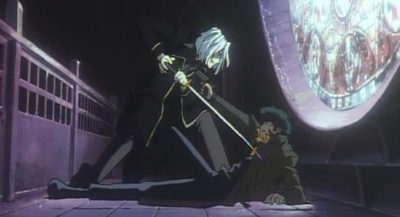
Duality of natures, outcomes of choices, and the causes of strife are some of the issues we’ll look at this month. It might be influenced a bit by the two big name superhero movies dealing with civil wars and versus match ups…
Today we’ll look at the thin line between black and white, villain and hero, good and evil. Hint: Demons make the difference.
Opening for us is Imagine Dragons, with Demons.
Onward!
In the recent DC and Marvel movies Batman v Superman and Captain America: Civil War, friends battle each other after bitter disagreements and, well, destruction of cities. On the surface, the issues seem like they’re enough to cause division: Is Superman a menace?
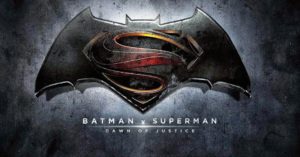
Do superheroes, especially the Avengers, require supervision/leadership by a government or other agency?
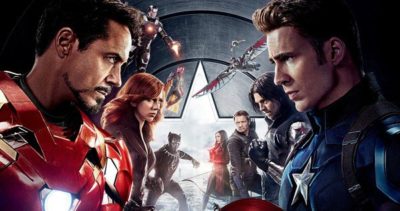
But what we need to pay attention to is why the characters chose the sides they did. Say it with me: inner demons.
Your mind on memory:
Past experiences shape our view of the world, our moral code, and by extension our stance on divisive subjects. These experiences can be good or bad. The most powerful experiences, the ones that last the longest and have the most impact on us, are negative experiences. We’re more apt to remember something bad someone said or did to us than the smile and Thank You we received. You can probably remember the last criticism you received more vividly than the last approval, right? How about in your childhood? Thought so.
To make matters worse, how we remember things isn’t a direct recording of what happened. We all perceive the events around us differently based on our emotional state at the time, our physical state, and our stress level. Throw in our existing biases and expectation for a situation, and you’ve got one heck of a warped lens to view the world through. But wait, there’s more! As time passes, the highlights and low lights of a memory kick up the contrast. As negative experiences start out stronger, they often get worse rather than better over time.
We may even unconscionably cherish the bad memory, sharpening it until the blade cuts atoms. Why? Possibly because of something called secondary gain. It makes people want to prolong their suffering because it gives them a false sense of control, an excuse to surrender, a reason to gain sympathy from others (and special treatment), and an excuse to indulge in masochistic tendencies. Check out The Benefits of Suffering and the Costs of Well Being: Secondary Gains and Losses and scroll down to List 1 for a full account of secondary gain’s benefits. Being sick is starting to sound good, eh? No, not really.
These bad memories and experiences become our inner demons, haunting our thoughts and dogging our steps. They amplify our fears. They warp our desires. They steal our joy.
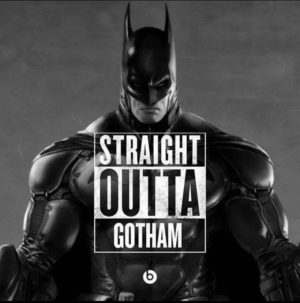
Bring on the comic Titans:
Going back to our two superhero franchise blockbusters… Bruce Wayne lost his parents at a young age, which created a massive demon. Then he saw his city fall into decay at the hands of mobs, corrupt cops, and crazy criminals. He couldn’t do anything about either condition – at first. All he had were the demons, who ran rampant. Then he made the fateful decision to become the hero instead of the villain. He would take up the cowl and fight for his city rather than follow it into darkness. He used his demons to drive him to be the Dark Knight.
Due to his experiences and how he used them – used his demons – he chose to fight against Superman.
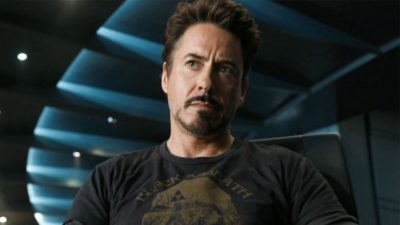
Now lets jump to Marvel. Tony Stark lost his parents when he was a young adult. He didn’t have a very good relationship with his father in the first place, and being orphaned only made things worse. Big surprise, I know. His demons also ran rampant, and he knew it. Remember his quote, “We create our own demons. Who said that? What does that even mean?“ He buried himself in his studies and his work…and his playboy tendencies. Not until he accumulated so many demons that they practically overwhelmed him did his mindset shift. Instead of losing himself in women, drink, and science, he’d become the hero who would protect others from suffering like he did. He’d use his talents for good rather than pure profit.
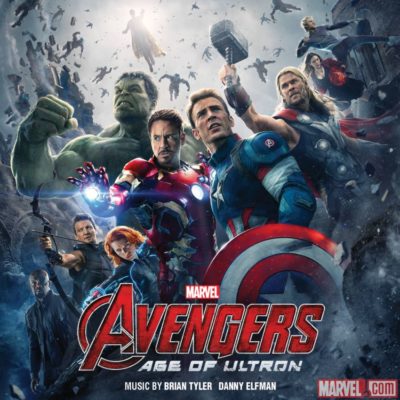
In Avengers: Age of Ultron, he accidentally created Ultron. This also created another giant demon in Tony, was Ultron wreaked destruction on a massive scale.
Due to his experiences, he chose to support oversight and fight against Captain America.
Now, I hear you saying, “But these are heroes! Where are the villains? Hey, who ate the last of the cereal!” Stop worrying about the lack of villains and cereal. We’re about to get to the serial killers.
It’s a Dark Night:
There’s a fine line between good and evil. What a person does with their demons often dictates what side of that line they hop to. In the Justice League animated series, an episode called “A Better World” depicted the heroes as essentially villains. They took over the world’s governments and ruled as tyrants called the Justice Lords. Why? To keep the world from war. They all have their own demons, and this episode showed what would happen if they slid to the other side of the line. If they lost sight of their moral code, or even if they warped it, they became dictators.
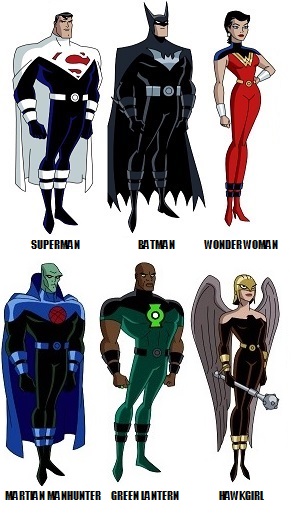
Bruce could have turned into another of the wacky criminals who do what they do because they want revenge. In Batman: Mask of the Phantasm we see what Bruce could’ve been. Bitterness and thirst for revenge could have destroyed him and led him to terrorize the city. He would have justified it, but in the end it would still be killing for revenge.
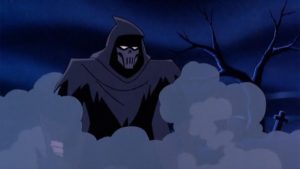
Bring the sports-car red:
Back to Tony Stark: His pre-terrorist-cave self was essentially an antagonist. He treated everyone around him with total disrespect and lived a debauched life. He also sold weapons, but that’s not a villain trait. What is a villain trait is not caring what became of the weapons. He could have easily continued that lifestyle. Or he could have gone the route of, oh, Frank Castle, aka the Punisher, and gone a killin’.
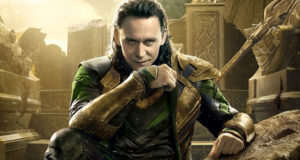
Since we’re in the Marvel Universe, let’s now look at Loki. He was adopted by the Asgardians, even though he was of frost giant ilk. He wasn’t aware of his heritage for a good while. Odin wasn’t Dad of the Year, you know. When Loki learned of his origins and learned he’d never be king, he let his demons have their head. If it gave him power, if it gave him pleasure, or if it generally caused chaos, he did it.
Every hero could have become a villain if they’d let their demons bound down another path. If they had let ’em run wild, the heroes-turned-villains would justify it. “I have a right to do this. I am right to do this. They deserve this.” They’d probably be correct to a certain extent, too. Remember, every villain is the hero of their own story. Tom Hiddleston nailed it when he said that. (And every protagonist is the protagonist because the author chose them as the point of view character.)
In the end:
Demons. Guess what, we all have them! They’re part of life. It’s about what you do with your demons that matters. Recognize them, then put some harnesses on them and let them pull you rather than chase, push, or trample you. Hold on to those reins.
See how your bad experiences can make you better. What can you learn? How can you become stronger from them? Secondary gain might be nice for awhile, but it’s hollow. You’re as close to being the hero or villain of your story as you want to be, so step up!
Get it? Got it? Good.
Halsey, play us out!
Further reading:
Shoutout to Disney Villain Henchmen
Disney Villains: Learning from the Seven Deadly Sins
Understanding the Joker: How he can help us succeed in life
Villainous Resilience: 15 Ways to bounce back like the Joker
Villainous opportunism: How to take advantage of every opportunity, Albert Wesker-style
Agree? Disagree? Let us know in the comments. Perform your own villain assessments with the Villain Matrix. Use the Villain Matrix spreadsheet that comes free when you join the Research Team, where you’ll also get our newsletter with its exclusive updates and content.